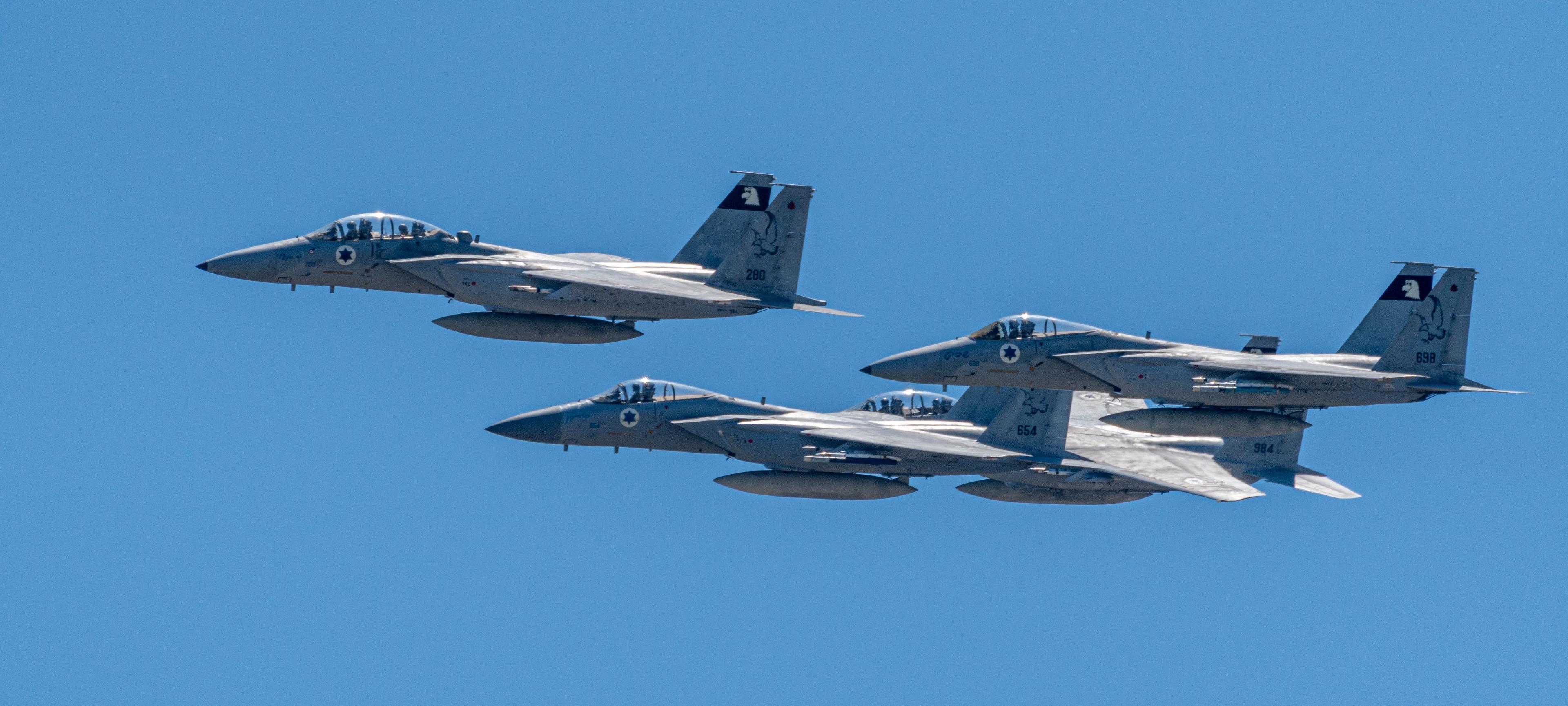Israel Preemptive Attack, Hezbollah, Lebanon
ISRAEL ATTACKS: 100 jets obliterate Hezbollah targets in preemptive strike
Hezbollah's threat on Tel Aviv met with devastating preemptive strike. Hezbollah's strikes have hit Acre and other localities.

The conflict between the IDF and Hezbollah escalated to a new, far more dangerous phase early Sunday morning as around 100 Israeli Air Force jets launched a preemptive strike on thousands of Hezbollah rocket platforms. The airstrikes came in response to Hezbollah's claim that it was retaliating against Israel for the killing of Fuad Shukr in Beirut.
Israeli intelligence had observed that Hezbollah was preparing to launch its largest attack yet, targeting Tel Aviv and central Israel. At approximately 5:00 a.m., the IDF independently initiated a preemptive strike on key Hezbollah positions poised to carry out the deadly assault.
Prime Minister Benjamin Netanyahu and Defense Minister Yoav Gallant approved the operation late Saturday night at IDF headquarters. By 7:00 a.m., they convened the security cabinet. Netanyahu addressed the cabinet, stating, "This morning, we detected Hezbollah's preparations to attack Israel. In consultation with the Minister of Defense and the Chief of Staff, we instructed the IDF to act proactively to remove the threat."
"The IDF has been working vigorously to thwart these threats," Netanyahu continued. "It has destroyed thousands of rockets aimed at the north of the country and neutralized many other dangers. The IDF operates with great power, both defensively and offensively."
Despite the preemptive strike, Hezbollah launched hundreds of rockets at northern Israel, causing significant damage across several communities. In Acre, the barrage struck buildings, homes, and a kindergarten, with one woman sustaining light injuries from shrapnel.
Hezbollah described the rocket fire as merely the "first phase" of its response to the killing of its military chief, Fuad Shukr. In response to the escalating situation, Defense Minister Yoav Gallant declared a "special situation" nationwide, implementing restrictions from Tel Aviv northward as a precautionary measure.
* The Jerusalem Post and Ynet contributed to this article.